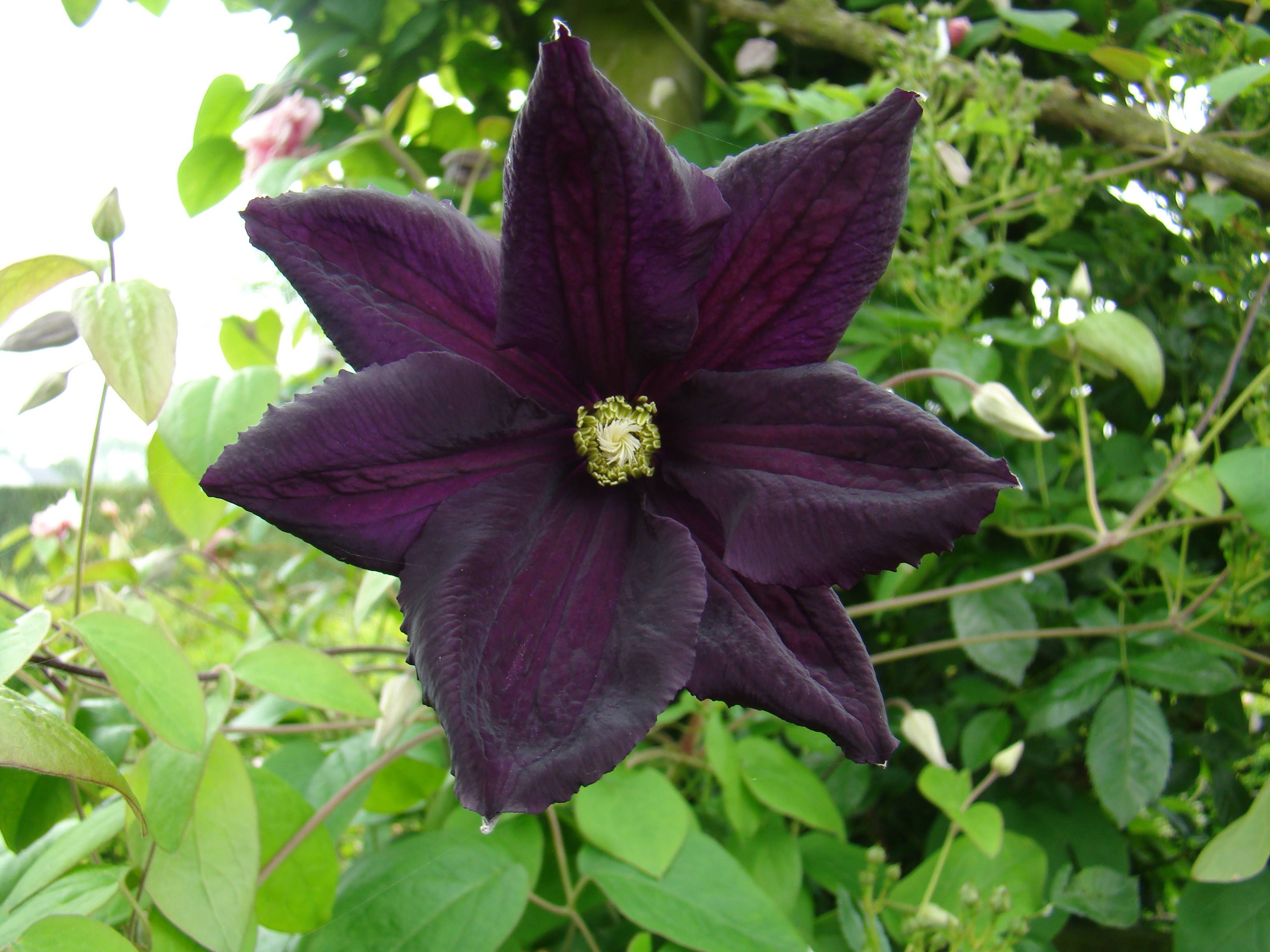
Monitoring your garden and using an integrated approach to pest control is the best way to eliminate them. This will enable you catch and eradicate pests before they become serious. Beneficial insects can also be found in your garden, which will help to control the amount of harmful insects. Although beneficial insects can be killed with pesticides, they will still migrate to other areas to find food or other resources.
Remember to apply pesticides directly to the plant's surface. This is where insects live and feed. You may need to repeat applications a few days later if you are not successful the first time. Knowing which pests you are dealing with is key to choosing the best insecticides. Although insecticides are effective against many pests, only a small number of them can be used to kill specific pests.

You can also grow beneficial insects like lady beetles (or solitary honeybeetles) to reduce their numbers. These insects wreak havoc on aphids and other pests. They can be purchased on the open market or natural. They can be very efficient and can feed on a minimum of 100 to 300 Aphids per Day. You can also purchase beneficial nematodes and predatory arthropods to help your garden. If you are able, you may be able to grow the flowers that attract their larvae.
Traps and natural methods can be used to manage these pests. There are a few options. You can use pesticides, as well as other chemicals, when needed. But these methods can also be harmful to beneficial insects. They are the best way to reduce the pest population in your garden. You can also try trapping and monitoring them to see which ones are causing the most problems. You can also get bats and other animals if you are worried about the impact of harmful insects.
Aphids are pear-shaped insects that are green, yellow, brown, red, and gray. They eat tomatoes, cucumbers, melons, and other vegetables. To keep them out of your garden, you should use an organic spray. These pests can be killed with an organic spray. However, this combination of DE and Bt is less effective than DE and will have a limited effect on your garden.

Organic pesticides may be an alternative to traditional chemicals. This type of insecticide kills insects by dehydrating them, but doesn't harm beneficial insects. Although it won't harm beneficial insects, it can decrease the ability of your garden to self-regulate. When choosing a pesticide, ensure that you identify the species and their preferred host. This will avoid future infestations as well as increase the chance that your garden ecosystem will be healthy.
FAQ
What is the purpose of a planting calendar?
A planting calendar is a list of plants that should be planted at different times throughout the year. The goal of a planting calendar is to maximize plant growth and minimize stress. For example, early spring crops such as peas, spinach, and lettuce should be sown after the last frost date. Later spring crops include cucumbers, squash, and summer beans. Fall crops include carrots, cabbage, broccoli, cauliflower, kale, and potatoes.
What is the difference between hydroponic gardening and aquaponic gardening?
Hydroponic gardening uses nutrients-rich water to feed plants. Aquaponics combines fish tanks with plants to create a self-sufficient ecosystem. Aquaponics is like having your own farm in your home.
Which seeds can be planted indoors?
A tomato seed makes the best seed for indoor planting. Tomatoes produce year-round fruit and are easy to plant. If you are growing tomatoes in pots, take care when you transplant them to the ground. If you plant too early, the soil may dry out, which could cause the roots to rot. You should also be aware of diseases like bacterial Wilt that can quickly kill your plants.
Do I need special equipment to grow vegetables in my garden?
No, not really. All you need are a trowel or shovel and a watering can.
What vegetables do you recommend growing together?
Growing tomatoes and peppers together is excellent because they both like similar temperatures and soil conditions. They work well together as tomatoes need heat to ripen and peppers need lower temperatures for optimal flavor. Plant them together indoors at least six weeks before you plant them. Once the weather cools down, transplant the pepper or tomato plants outdoors.
Which type of lighting best suits indoor plant growth?
Because they emit less heat, floralescent lights are great for indoor gardening. They provide constant lighting that doesn't flicker or dimm. Fluorescent bulbs come in both compact fluorescent (CFL) and regular varieties. CFLs are up to 75% cheaper than traditional bulbs.
Statistics
- It will likely be ready if a seedling has between 3 and 4 true leaves. (gilmour.com)
- 80% of residents spent a lifetime as large-scale farmers (or working on farms) using many chemicals believed to be cancerous today. (acountrygirlslife.com)
- As the price of fruit and vegetables is expected to rise by 8% after Brexit, the idea of growing your own is now better than ever. (countryliving.com)
- Today, 80 percent of all corn grown in North America is from GMO seed that is planted and sprayed with Roundup. - parkseed.com
External Links
How To
How can I keep weeds away from my vegetable gardens?
Weeds are one of the biggest threats to growing healthy vegetables. They vie for water, nutrients sunlight and space. To prevent them from taking over your garden, use these tips:
-
All plants should be removed when they are in flower
-
Get rid of any plant debris that may be around the base.
-
Use mulch
-
Drink water frequently
-
Rotate crops
-
Do not let the grass get too long
-
Keep soil moist
-
Plant early
-
Harvest often
-
Make compost
-
Avoid chemical pesticides
-
Grow organic vegetables
-
Heirloom seeds available
-
Start small
-
Learn more about companion planting
-
Be patient
-
Enjoy gardening!